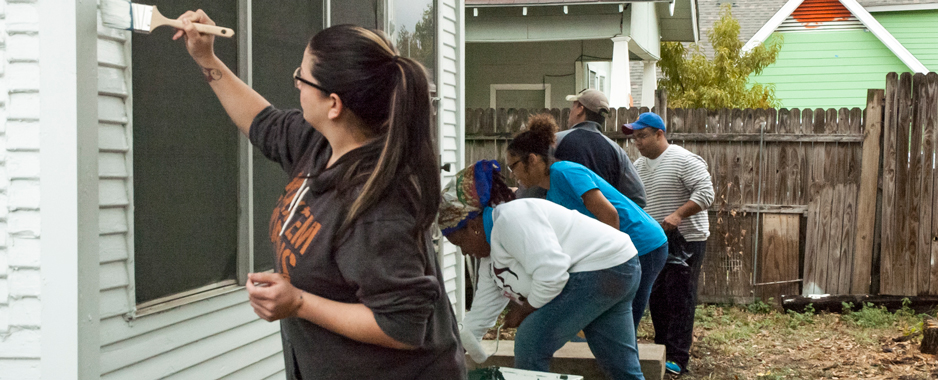The Ebola virus has made its way to North Texas, but it is contained. The irrational fear of catching the virus, though, has spiraled out of control.
The first U.S. death caused by Ebola occurred Oct. 8 after a man flew from Liberia to Texas. So far, the only confirmed spread has been to one of his nurses at Dallas’ Texas Health Presbyterian Hospital.
Ebola is not airborne, which means someone has to come in direct contact with infected material.
The virus can be spread through contact with infected blood, bodily fluids or contaminated items, such as a needle.
No, this virus is not spread by plain touch. Outright saying anyone that sneezes or coughs has Ebola is preposterous, so stop.
It cannot be spread by being near someone who is infected. People become contagious after they begin to have symptoms, which usually appear eight to 10 days after exposure but the incubation period is two to 21 days.
The signs of Ebola are sudden fever over 101.5 degrees Fahrenheit, headache, joint and muscle aches, nausea, vomiting and weakness.
Some patients have also shown rash, red eyes, constant hiccups, sore throat and bleeding internally.
The Centers for Disease Control and Prevention said there are different exposure levels.

High-risk exposure includes contact with the body fluids, blood or mucous membrane of an infected patient.
Low-risk exposure is prolonged periods of exposure around the patient and not wearing appropriate protective equipment.
This disease is highly infectious but not extremely contagious, CNN.com said.
Ebola is only moderately contagious because it is not transmitted through the air like extremely contagious viruses such as measles and influenza.
The virus has been mostly found in West Africa, and no actual development of the disease has been linked to the U.S. at this time.
While no vaccinations or specific treatment is available for the disease, some experimental treatments and drugs have been manufactured with the recent outbreak.
For all the paranoia going on here at home, the CDC and other health organizations recommend washing hands frequently. This is not just for the ease of mind for Ebola, but also for the spread of flu.
So, parents, please refrain from telling children that anyone remotely sick could have Ebola. That’s how mass panic starts.
Adults should use their minds. If someone is sick, contact with that person should not bring on automatic thoughts of “the plague.”
Do research, stay in the loop about cases, do not panic and keep good hygiene.
The likelihood of catching Ebola is significantly less than getting the flu for U.S. citizens.
So instead of putting all the paranoia eggs in one basket, worry about a flu shot and regular vaccinations for things like whooping cough, tetanus, chicken pox and pneumonia.
The irrational, overtaking fear of getting Ebola has taken control, but it’s time to get rational and learn the facts.























